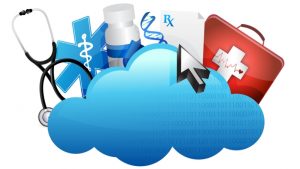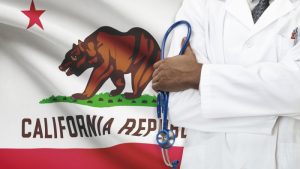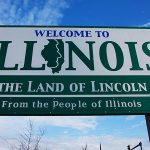A year ago this month, New York City deployed a beta test of kiosks across the city. The program, dubbed LinkNYC, is powered by CIVIQ Smartscapes and gives the public access to free, fast Wi-Fi, free domestic calling, two USB charging ports, maps, and direct access to 911 and 311.
Mesa, Ariz., is partnering with Aspect Software on an automated, text-based consumer engagement solution, or chatbot.
The Department of Energy is investing $4 million to build electric highway corridors throughout Utah, Wyoming, and Idaho.
Cincinnati’s Office of Performance and Data Analytics recently launched CincyInsights, an open data portal with 15 dashboards containing city information.
About 1 million people are expected to flock to Houston for 10 days of Super Bowl-related activities and more than 100 million people are expected to watch the Feb. 5 game on television. Officials have been working for more than a year to perfect a surveillance-based approach, more sophisticated than in past years, that includes surveillance cameras, overhead helicopters, and Houston police.
Carnegie Mellon’s CREATE Lab revealed its new app dubbed Smell PGH, which allows users to report foul odors directly to the Allegheny County Health Department so it can better monitor and act on these incidents of bad-smelling air. The app also includes visualization of smell reports across Pittsburgh.
The National Association of State Chief Information Officers is advocating for increased cybersecurity partnerships with the Federal government, according to its 2017 advocacy agenda.
The New York-based Upstate Transportation Association wants to turn back the clock on driverless cars. In a letter to Gov. Andrew Cuomo, as well as leaders of the New York Senate and Assembly, UTA raised concerns about potential job losses if self-driving cars become commonplace on public roads.
HHS’ Office of the National Coordinator for Health Information Technology announced the Phase 2 winners for the Consumer Health Data Aggregator Challenge and the Provider User Experience Challenge. Winners had to develop a market-ready application that would allow consumers and providers to aggregate health data from different sources into one, secure area.
The California Integrated Data Exchange and Inland Empire Health Information Exchange announced a merger that will create California’s largest and most comprehensive nonprofit health information exchanges.














